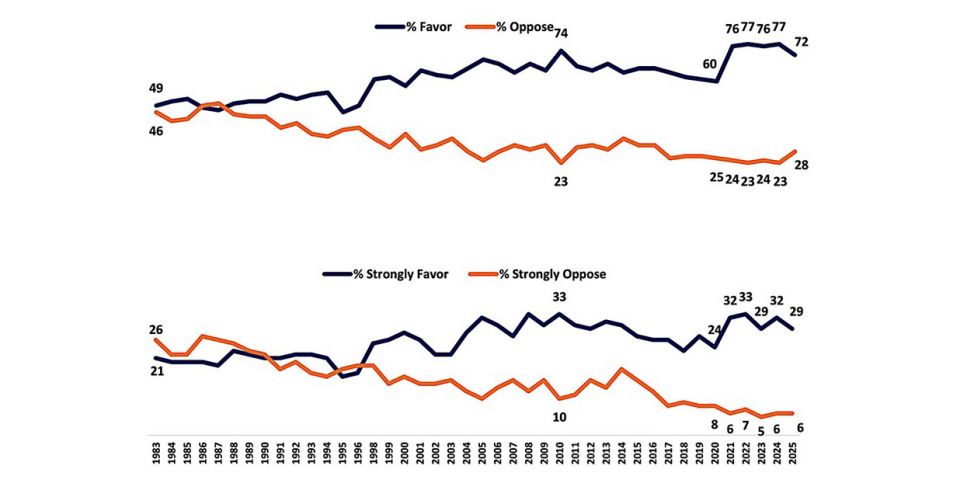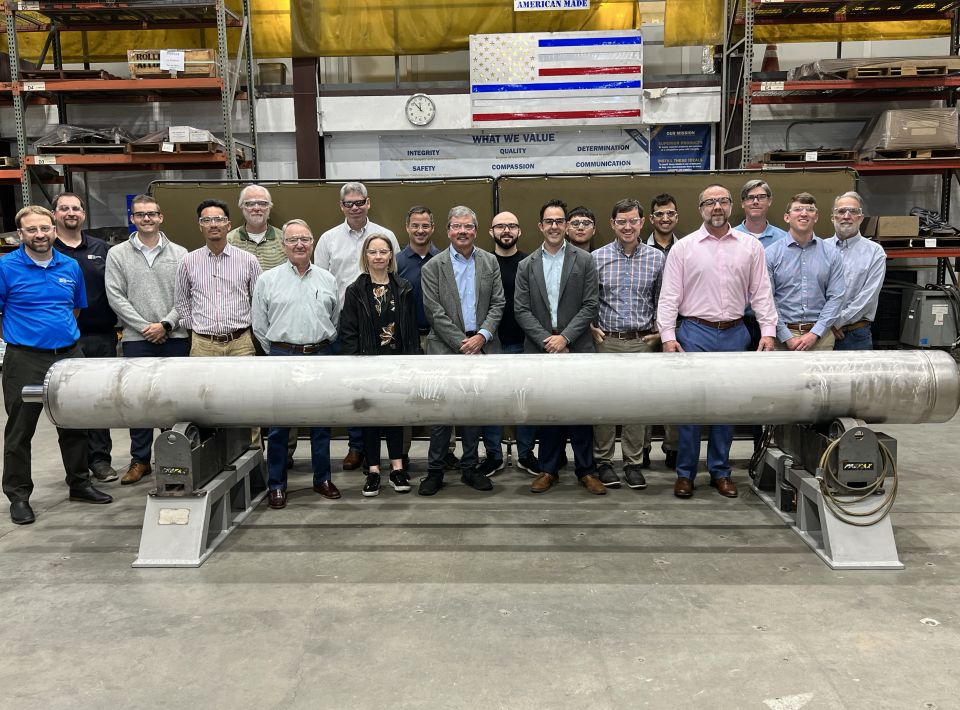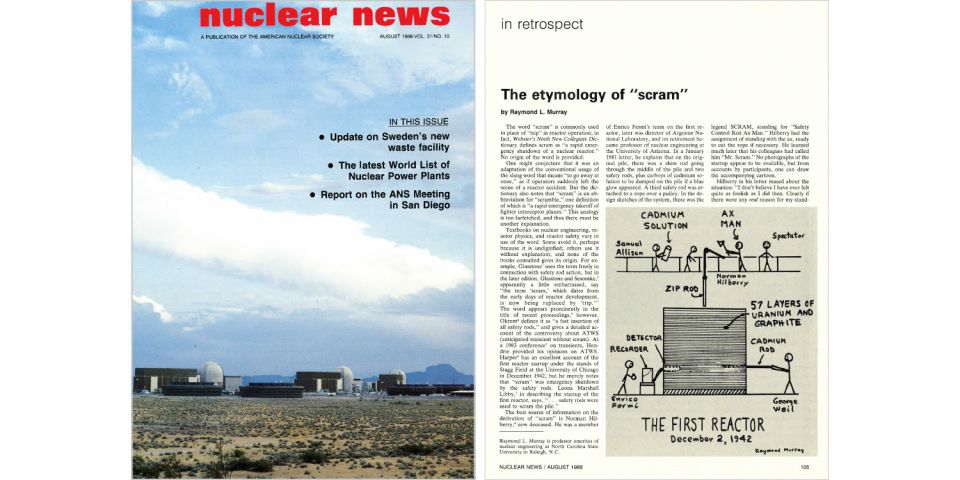Past research has shown that rising temperatures due to climate change create cooling problems for nuclear plants, according to the article. Now, an analysis looking at a broader range of climate events shows that it's not just hot weather that puts these plants at risk—it's the full range of climate disturbances.
Details: This latest analysis calculates that the frequency of climate-related nuclear plant outages is almost eight times higher than it was in the 1990s. The analysis also estimates that the global nuclear fleet will lose up to 1.4 percent—about 36 TWh—of its energy production in the next 40 years and up to 2.4 percent, or 61 TWh, by 2081-2100.
Background: The author analyzed publicly available databases from the International Atomic Energy Agency to identify all climate-linked shutdowns (partial and complete) of the world's 408 operational reactors. Unplanned outages are generally very well documented, and available data made it possible to calculate trends in the frequency of outages that were linked to environmental causes over the past 30 years, according to the article. The author also used more detailed data from the last decade (2010–2019) to provide analyses of the types of climate events that have had the most impact on nuclear power.
Some good news: Some projects are already underway to adapt nuclear plants to the changing climate. For example, the Department of Energy recently invested in a project researching methods to reduce the amount of water needed by nuclear facilities (e.g., advanced dry cooling). Other nuclear technologies, such as pebble-bed, molten salt, and advanced small modular reactors, may also provide more climate-resistant solutions.
He said it: In an email to Ars Technica, ANS Fellow Jacopo Buongiorno, professor of nuclear science and engineering at the Massachusetts Institute of Technology, who was not involved in the study, wrote, “All energy technologies, including renewables, will be significantly affected by climate change. The results are not surprising—nuclear plants can experience unplanned outages due to severe events (e.g., hurricanes, tornadoes) or heat waves, the frequency of which is increasing.”





 rotated.jpg)
